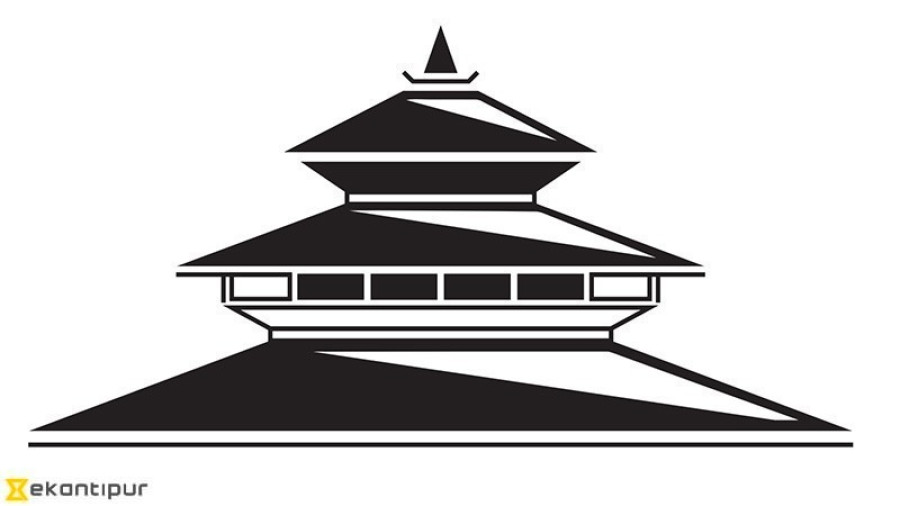Editorial
Take the long view
It’s in the interest of all parties to respect inclusive provisions in the constitution
The third phase of local elections is scheduled for September 18, yet the government does not seem to have paid much attention to the problems that need resolution beforehand. The fact that there is a demand for a constitution amendment seems to have been lost in the drive for elections.
The major parties don’t seem to be exerting enough effort to address this issue. They perhaps feel that the Rastriya Janata Party-Nepal (RJP-N) is not powerful enough to pose a problem in the days ahead, and that the high voter turnout in the first and second phases of local level elections has only vindicated their call for polls.
Instead, the parties are more concerned about what happens after the local elections.
The parties in government have begun discussion on the provincial and national elections and the hurdles that need to be cleared. In addition, the Nepali Congress and the CPN (Maoist Centre) have been perturbed by the UML’s strong performance in the local elections and are looking for ways to perform better in the coming elections.
In fact, the major parties have started discussing a constitution amendment proposal, but it is not the one that the Madhesi parties are demanding. The problem that the parties are facing now has to do with delineating constituencies for the provincial and federal elections.
They are reluctant to radically decrease the number of seats in the lower house due to a number of reasons. One, they think this will severely affect politicians’ ability to attract votes, since it will disrupt their traditional constituencies. Two, they feel that the constituency delineation process will cause major political complications and could lead to a postponement of the electoral process.
For this reason, some of the parties are arguing that they should pass an amendment that would keep the First-Past-the-Post (FPTP) seats at 240, the same number as currently exists. Moreover, some parties including the UML are arguing that they should get rid of—or at least reduce—the number of proportional representation seats in the House.
This is an extremely problematic proposal and should not be allowed to proceed. For one, political parties should not be allowed to unilaterally make a decision on such an important issue. At the very least, this should be brought out to the public for discussion. Secondly, the parties should first focus on the amendment bill that is in Parliament to address the Madhesi parties’ demand. Disregarding the problem at hand and focusing on a new one is not the right way to chart the political course. Third, it would be a severe violation of the principle of inclusion that the constitution upholds if the parties are allowed to decrease provisions for proportional representation.
Rather than such devious machinations, the major parties should focus on resolving disputes with the Madhesi parties and forming a Constituency Delimitation Commission as soon as possible so that the Election Commission can begin preparing for the coming elections.




 9.7°C Kathmandu
9.7°C Kathmandu














